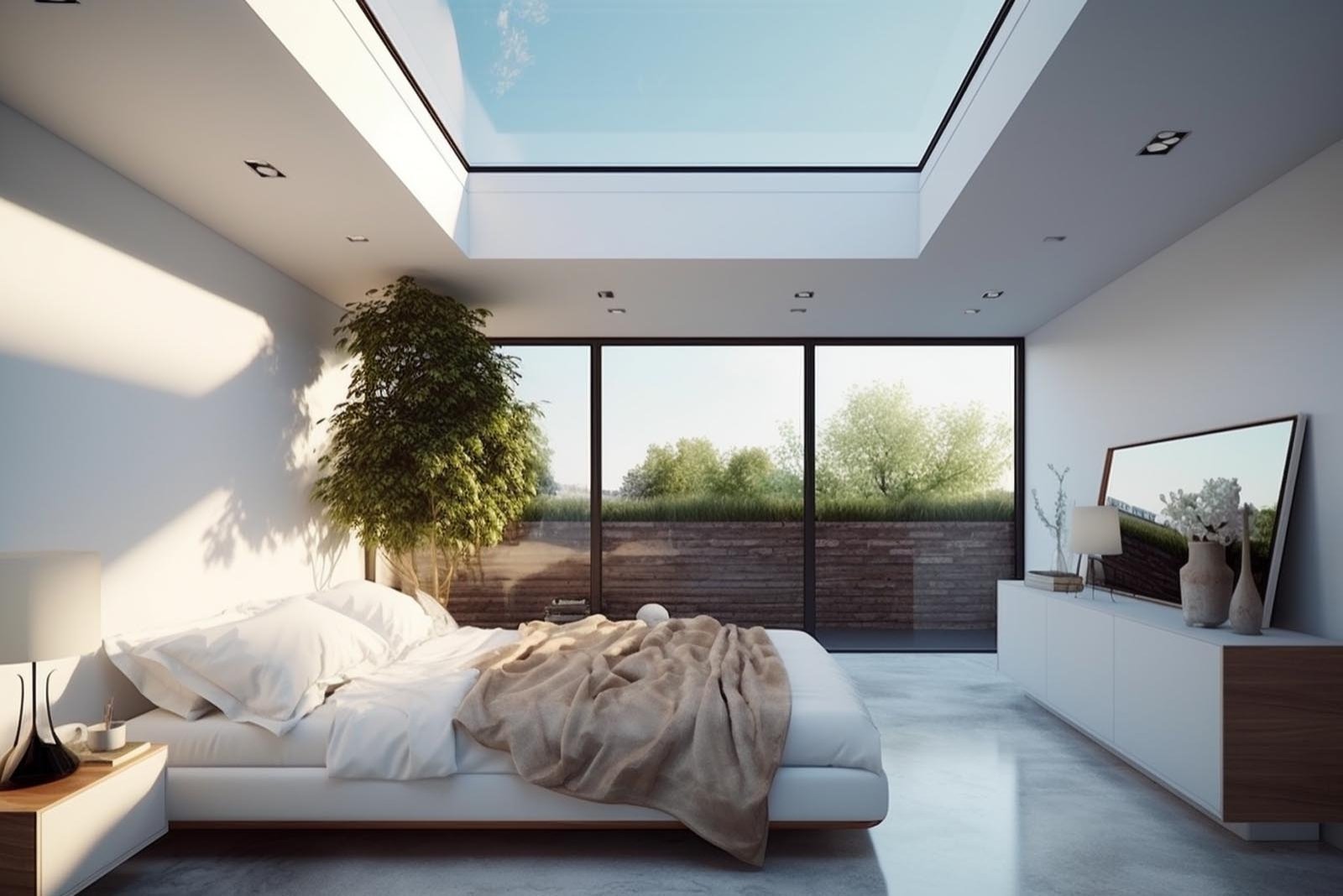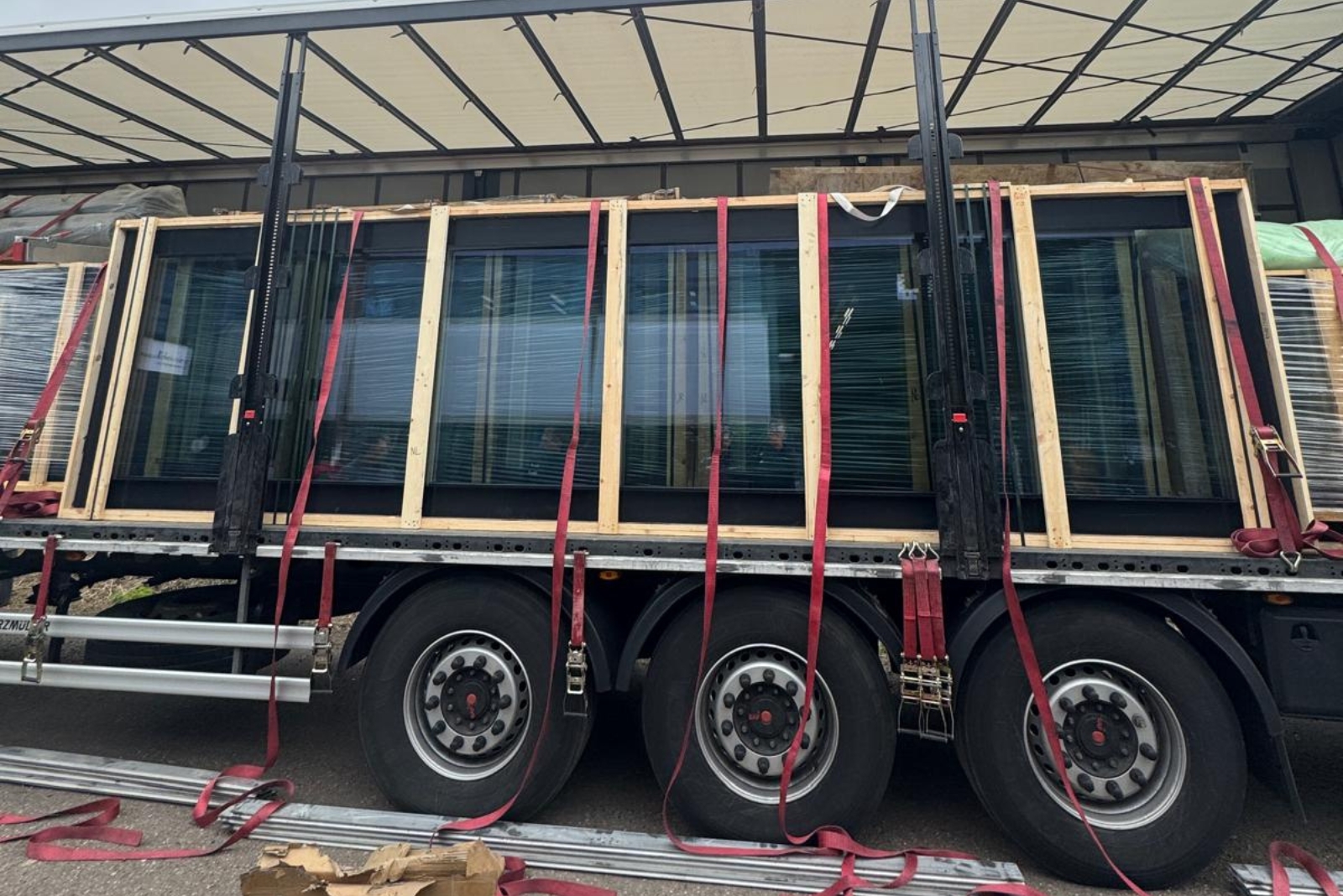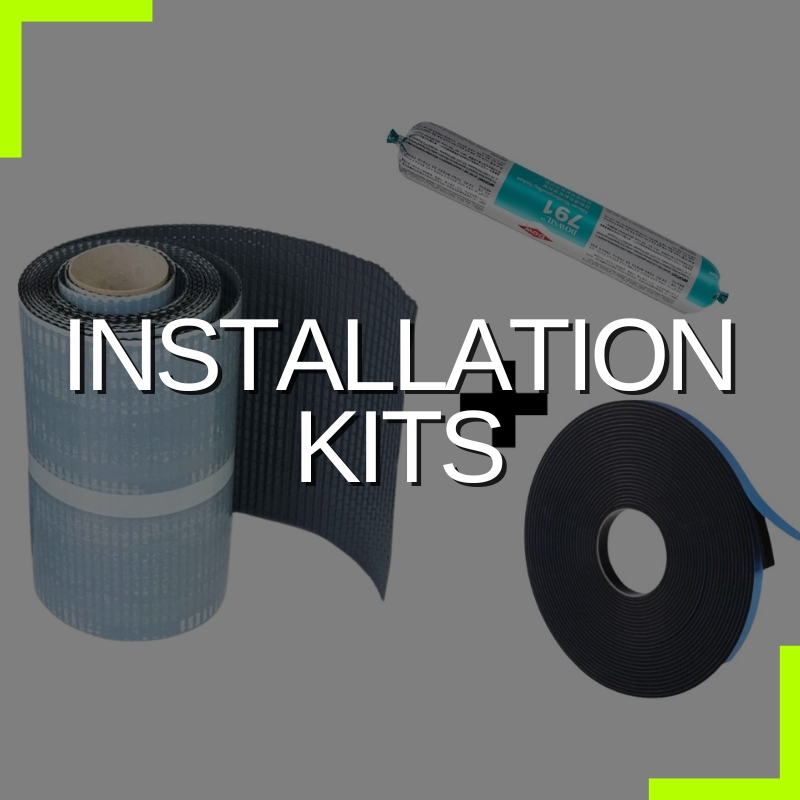10 Most Common Mistakes When Buying a Skylight (And How to Avoid Them)

Adding a skylight is one of the most effective ways to transform a space, flooding it with natural light and enhancing property value. However, with numerous options and technical factors at play, it’s easy to make costly mistakes. From poor placement to the wrong glazing spec, the wrong skylight can lead to heat loss, condensation, or compliance issues.
In this guide, we reveal the 10 most common skylight buying mistakes — and explain how to avoid them. Whether you're planning a kitchen extension, loft conversion, or flat roof upgrade, these expert tips will help you get it right.
Table of Contents
1. Choosing the Wrong Rooflight for Your Roof Type
Not all skylights are compatible with all roofs. Flat roofs and pitched roofs require different products, fittings, and upstands.
Best for flat roofs:
Frameless fixed rooflights
Roof lanterns with insulated kerbs
Best for pitched roofs:
Top-hung or centre-pivot roof windows
Electric opening skylights (Velux-style)
“Using a pitched rooflight on a flat roof can cause drainage issues or even leaks. Always match the unit to your roof style.”
— Rachel Dunne, RIBA Architect
2. Going Too Small on Size
Many homeowners underspec their rooflight size out of caution. But the glass-to-room ratio matters.
Recommended guideline:
Use 15–25% of the floor area as a guide for the total rooflight size
For example, a 20 m² kitchen = 3.0–5.0 m² of glazing (e.g., two 1.2 x 2.0m units)
3. Ignoring Solar Gain and Overheating
Skylights are more exposed than vertical windows, which means more sunlight and heat.
How to avoid this:
Use solar-control glass
Consider Low-E coatings for south-facing roofs
Add blinds or shading where needed
“In our Bristol project, solar gain from an unshaded skylight turned a rear extension into a greenhouse. We replaced it with a Skylights.co.uk unit with solar-control glass — problem solved.”
4. Forgetting About Building Regulations
Buying the wrong skylight can mean it fails to comply with UK building regs.
Key requirements:
Part B: Fire escape (bedrooms/lofts)
Part F: Ventilation
Part L: Thermal performance (U-values)
Use products with compliant certifications and consult with Building Control before making a purchase.

5. Not Factoring in Installation Costs
Some buyers budget for the skylight, but forget about installation.
Average installation cost:
Fixed rooflight: £1,200–£2,000
Electric opening: £2,000–£3,500+
Installation may also require scaffolding, upstand prep, wiring, and plastering.
6. Overlooking Glazing Performance
Glass isn’t just glass. Your glazing type affects energy efficiency, maintenance, and comfort.
Key options:
Triple glazing: Best thermal and acoustic performance
Self-cleaning glass: Great for hard-to-reach areas
Solar control: Prevents glare and overheating
Select combinations that suit your room and orientation.
7. Buying on Price Alone
Cheaper rooflights often:
Have lower energy ratings
Use thinner glass
Lack of guarantees or compliance certification
Select a reputable brand with comprehensive warranties. Frameless rooflights from Skylights.co.uk offer premium finishes with tested performance.
8. Poor Placement or Layout
Placing a skylight randomly may lead to:
Uneven lighting
Glare on screens
Missed Aesthetic opportunities
Tips:
Align with focal points like kitchen islands or stairs
Use multiple units for balanced light
Consider room symmetry and furniture layout
9. Failing to Plan for Maintenance
Even frameless models need access for cleaning and seal checks.
Plan for:
Safe roof or ladder access
Use of self-cleaning coatings for high locations
Drainage path clearance
10. Not Asking the Installer the Right Questions
Always ask:
Are you certified to install this product?
What’s included (flashings, kerb, wiring)?
Can you show previous installations?
“We recommend using installers approved by the manufacturer. That way, warranty and spec are protected.”
— Paul Ingram, Lead Surveyor at Elevate Roofing
Real Use Case Examples
🏡 George & Tia’s Loft in Manchester
“We bought a bargain unit online — only to find out it didn’t meet egress standards. Switched to an opening model from Skylights.co.uk and passed inspection easily.”
🏡 Marlowe Builders – Rear Kitchen in Leeds
“Customer didn’t plan for install time or access. Once the upstand was done, the frameless unit went in cleanly, but scheduling it right would’ve saved them stress.”
Comparison Table: Frameless vs Framed Rooflights (Buying Mistakes Prevention)
| Feature | Frameless Rooflights | Traditional Framed Units |
|---|---|---|
| Design Flexibility | ✅ High | ✅ Moderate |
| Glazing Performance Options | ✅ Triple, Solar, Self-Cleaning | ✅ Limited |
| Maintenance Access | ✅ Minimal, some height limits | ✅ Better for pitched roofs |
| Common Mistake Risk | ❌ Low if guided | ❌ Moderate (wrong match) |
FAQs: Skylight Buying Questions
Fixed frameless units — especially with triple glazing and self-cleaning glass. They provide a sleek look and firm performance.
Technically, yes, but it’s not recommended unless you're experienced. Improper flashing or sealing causes long-term damage.
Yes, especially for bedrooms or high-performance homes. It reduces heat loss and noise.
Use a compatible upstand, hire experienced installers, and confirm all seals are inspected.
Final Takeaways
✅ Match the skylight to your roof type and room size
✅ Invest in quality glazing for comfort and efficiency
✅ Don’t skip building regulations or proper installation
✅ Frameless models offer modern design and reliable specs
Need help avoiding these common mistakes? Contact us for advice or download our Skylight Buying Checklist.
Skylight Size Calculator By Room
About Blagovest
Blagovest Merdzhov is the CEO and Founder of Skylights.co.uk and a leading expert in the skylights industry, bringing over 10 years of specialized experience to the field. With a strong foundation in digital marketing and more than 20 years in the marketing world, Blagovest combines technical knowledge and strategic insight to illuminate innovation and drive growth in both construction and design sectors.
View all posts by Blagovest


















